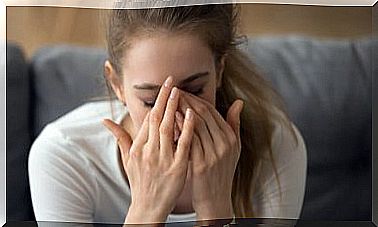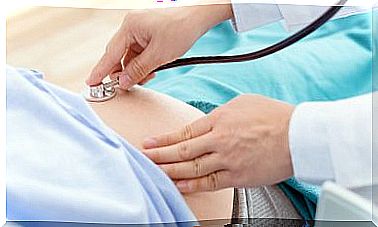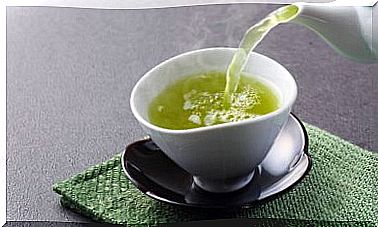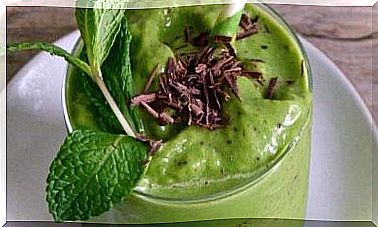High Blood Bilirubin: Causes, Symptoms And Treatment
High bilirubin in the blood can be an indication of bigger problems. To find out, it is good to know a little more about this substance.
It is a yellowish component that results from the breakdown of red blood cells, a process that generally takes place in the spleen. In certain circumstances this molecule can increase its amount, which causes high levels of bilirubin in the blood.
When this happens, it is possible that a picture of jaundice is triggered in the patient, that is, the eyes or mucous membranes of that person acquire a yellowish hue. If this substance is present in a high way, it is said that one suffers from hyperbilirubinemia.
Before explaining in more detail why bilirubin levels rise and how it is treated, we need to better understand what exactly it is.
What is bilirubin?
Bilirubin comes from the breakdown of hemoglobin in red blood cells, which takes place in the spleen. Hemoglobin is a characteristic protein of red blood cells, whose function is to fix oxygen so that blood cells can transport it.
Once obtained, the bilirubin travels to the liver, where it is stored in the gallbladder. Here it becomes part of the bile and, finally, it is excreted through the feces and is the pigment that gives it its color.
Why can high bilirubin appear in the blood?
When high bilirubin is found in the blood, it means that there is some kind of problem in the organs responsible for its production and storage, that is, the liver, pancreas or gallbladder.
Depending on the tests that are done, it may be found that the levels of only one type of bilirubin are elevated or that several are. The three types that are analyzed are indirect, direct or conjugated bilirubin and total bilirubin, which is the one that adds the values of the previous ones.
Although the causes that make one type rise or another are different, the high value of any type indicates the same.
Conjugated or direct bilirubin
When we are faced with elevated bilirubin levels, it can be assumed with almost total certainty that the patient has some type of liver disease.
The main causes are the presence of the following complications:
- Acute hepatitis.
- Hepatic cirrhosis.
- Rotor syndrome: it is a rare disease that produces a slight elevation of direct bilirubin.
- Bile duct obstruction: triggered by the presence of gallstones or pancreatic tumors.
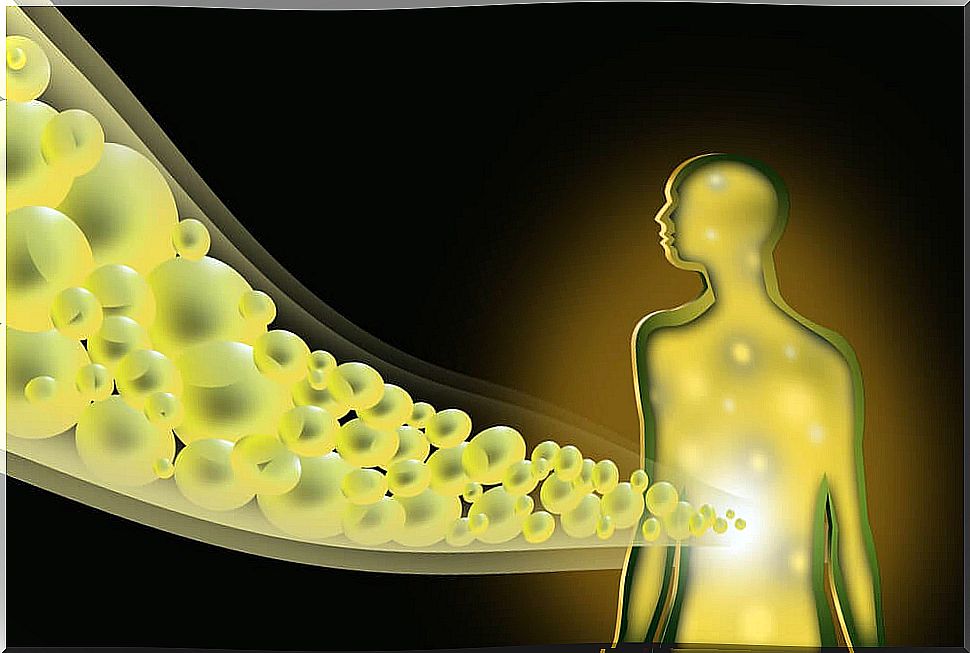
Indirect bilirubin
The elevation of indirect bilirubin levels may not only be due to the presence of some liver disease, but there are other causes that can trigger this situation, such as:
- Hemolytic anemia : a situation that occurs when red blood cells are destroyed before their time, and prevent them from performing their function.
- Gilbert syndrome: a disease characterized by the fact that the liver is not able to process bilirubin correctly due to a deficiency of enzymes.
These are the main causes of elevated bilirubin levels, but there are other less common ones, such as erythroblastosis fetalis (when the mother destroys the red blood cells of her own fetus), a large hematoma, or problems with blood transfusions.
What happens when it rises?
Normal bilirubin levels are in a range from 0 to 0.3 mg / dl for direct or conjugated bilirubin, and 0.3 to 1.9 mg / dl for total.
When this molecule rises above 2.5 mg / dl we are faced with a situation known as hyperbilirubinemia.
This circumstance is characterized by the fact that both the skin and the eyes or the mucous membranes acquire a yellowish tone. This symptomatic picture is known as jaundice.
In a newborn, it usually resolves on its own, since the liver is immature and does not have the necessary enzymes to process bilirubin correctly.
In the case of adults, an analysis should be carried out to know the cause of having high bilirubin in the blood and recommend a treatment according to the situation.
Can we help to lower the bilirruin?
In each case, a treatment must be carried out according to the triggering cause. However, there are a number of common measures that may help lower high bilirubin levels in the blood.
- Avoid alcohol intake, as it is a great enemy for the liver.
- A balanced diet, eliminate fatty foods, such as cold cuts, red and white meat, fried or eggs.
Remember that it is essential to see a doctor so that he is the one who recommends the most appropriate treatment.


